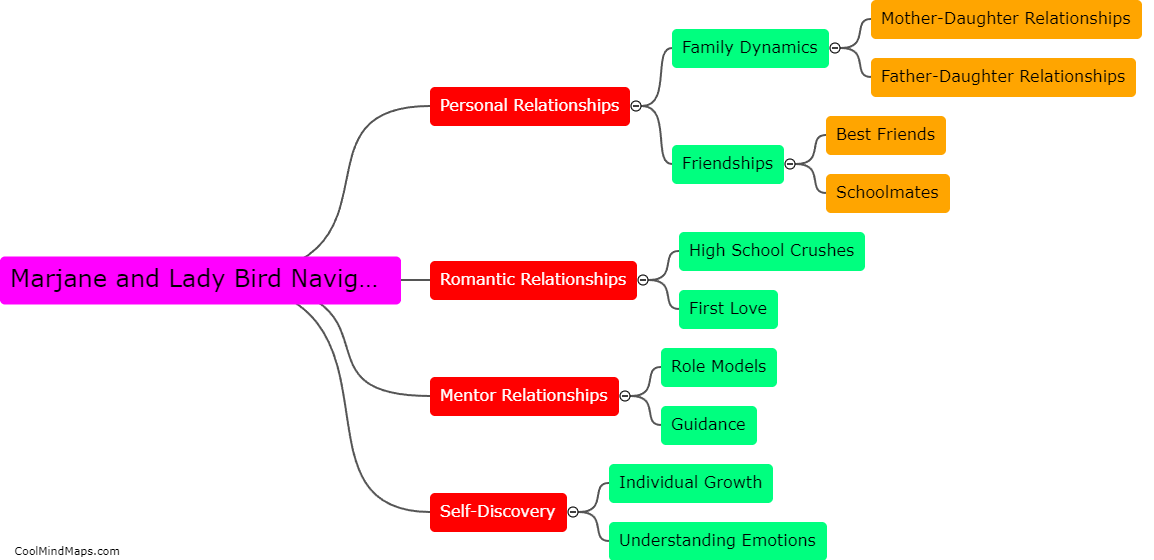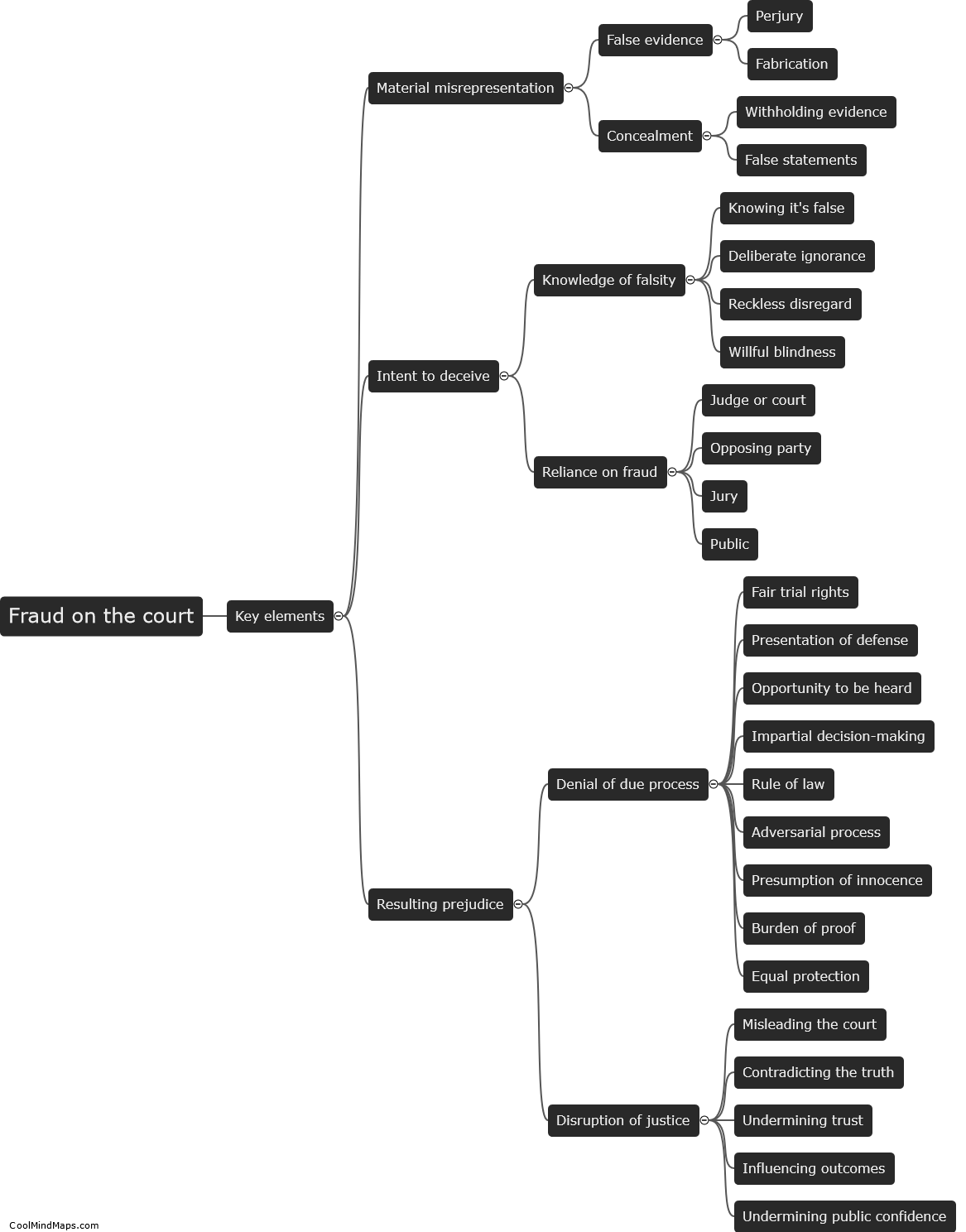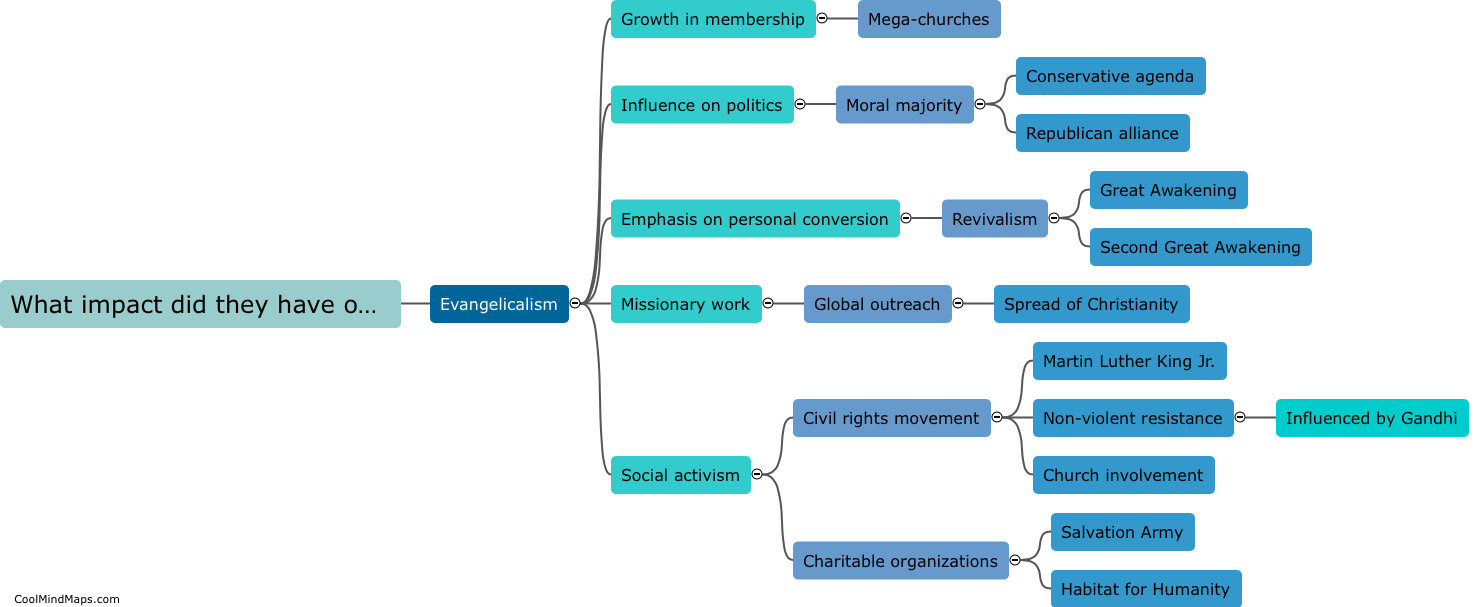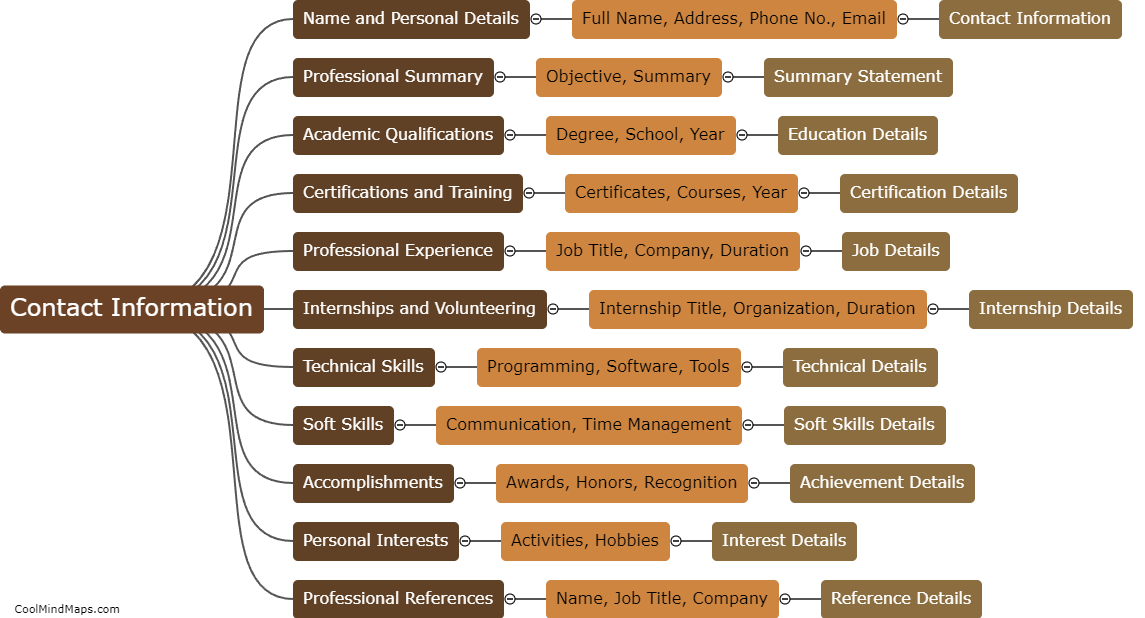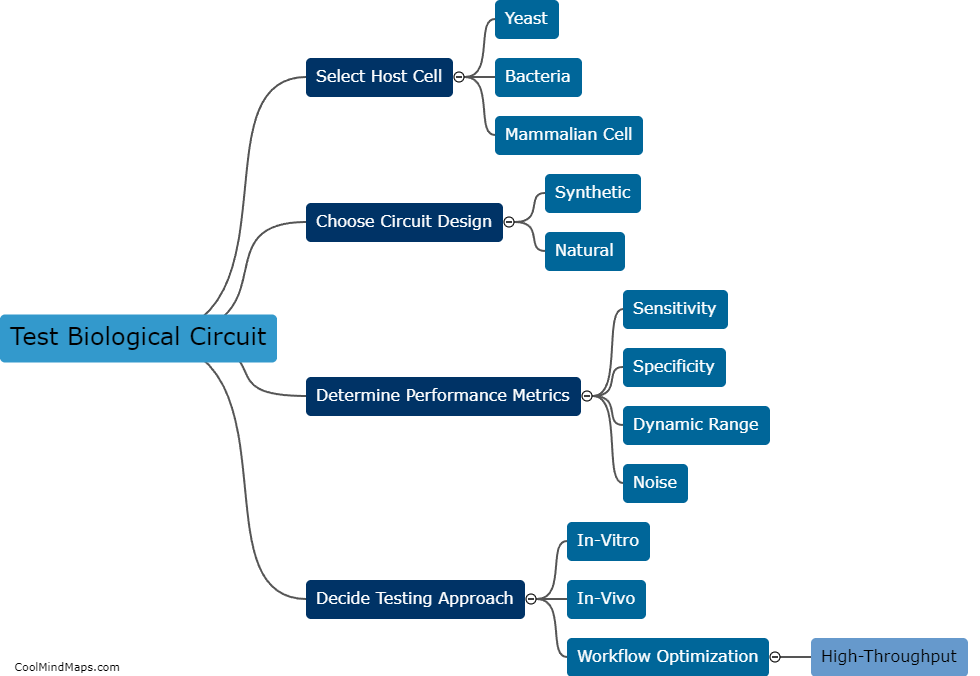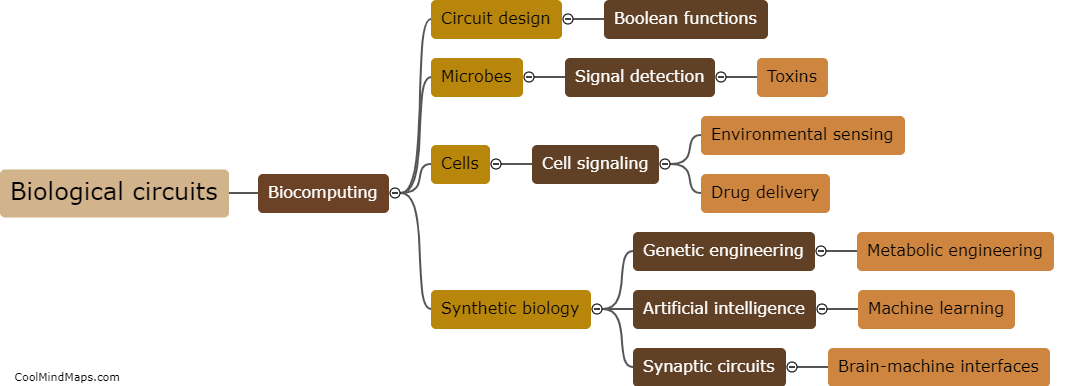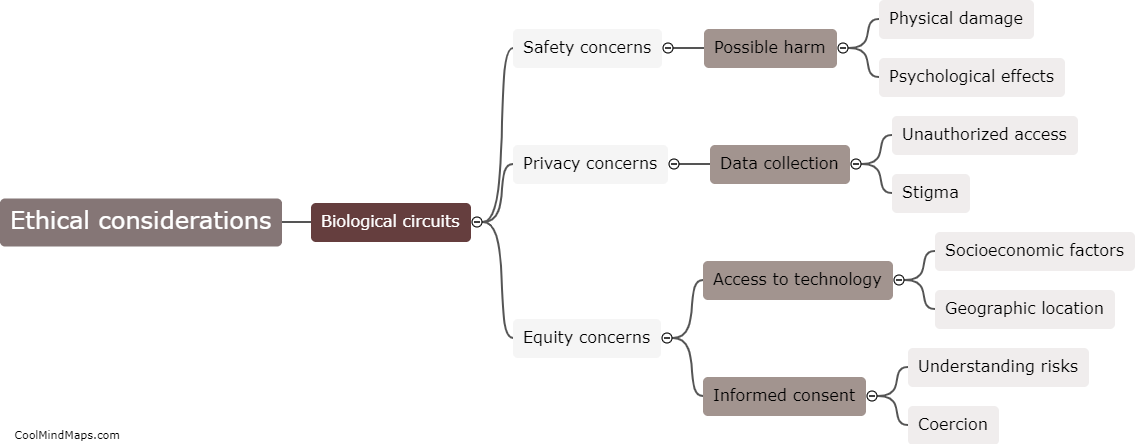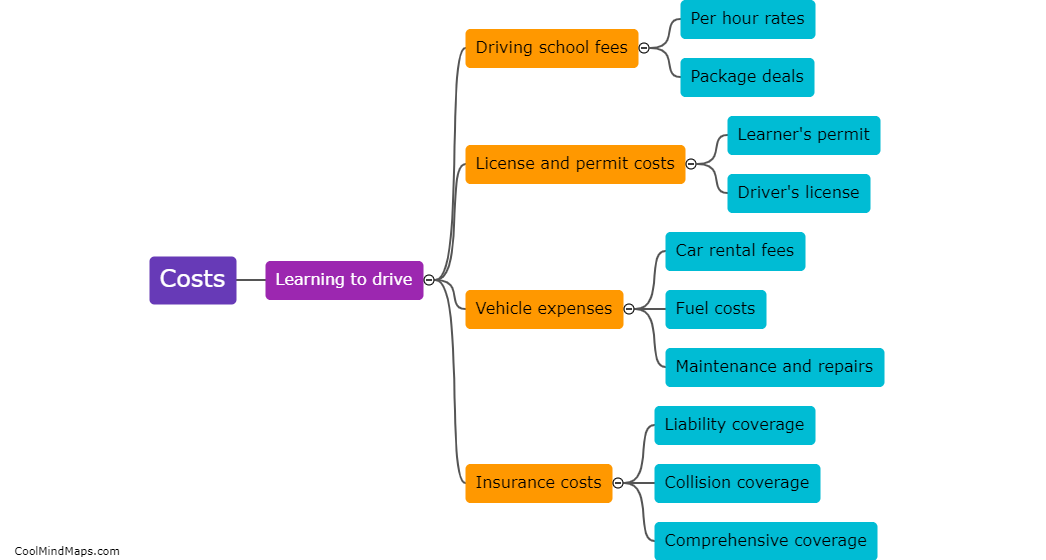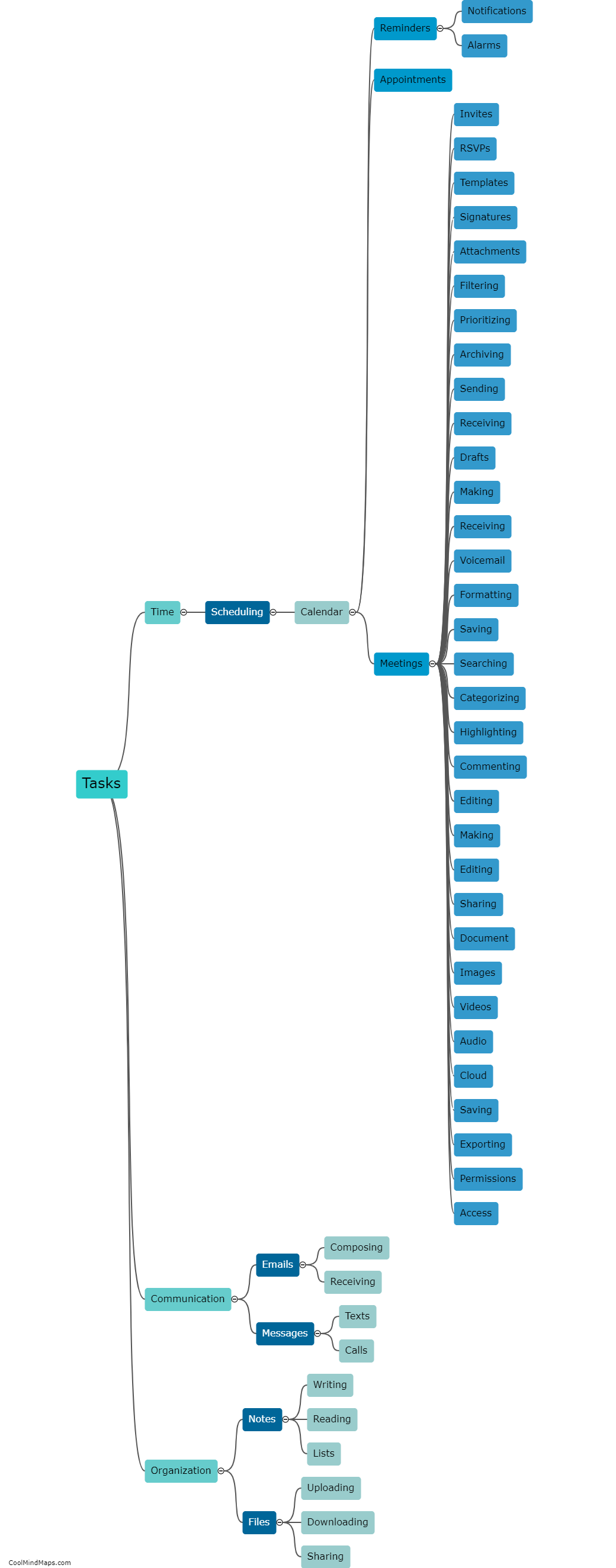What is experiential learning in science?
Experiential learning in science involves hands-on, immersive activities that allow students to learn through direct experience and observation. Rather than solely rely on lectures and readings, students engage with the material in a more active and meaningful way, fostering critical thinking and problem-solving skills that are essential in scientific fields. Experiential learning can take the form of labs, field trips, simulations, and other interactive activities that simulate real-world scenarios, providing students with a deeper understanding of scientific concepts. This approach to learning is becoming more common in science education, as it has been shown to be more engaging and effective than traditional classroom methods.

This mind map was published on 23 June 2023 and has been viewed 103 times.
